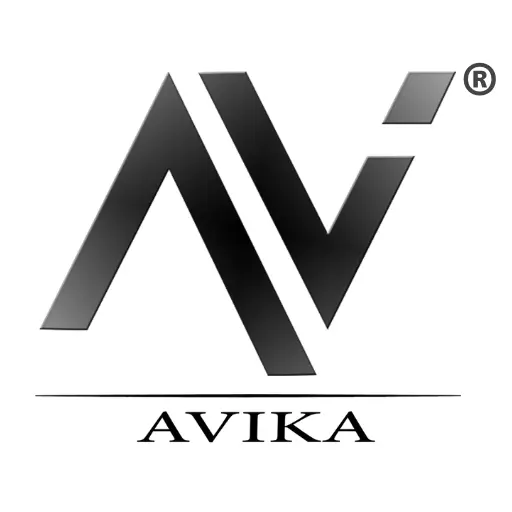
|
Chemical Formula |
The simple chemical formula, which covers the main forms of Tourmaline (Elbaite, Schorl, and Dravite), is as follows: |
|||||
|
Composition |
See The chemical formula of Tourmaline. |
|||||
|
Color |
Tourmaline is extremely varied in color. Colors include black, brown, green, red, pink, blue, and gray. White, colorless, yellow, orange, and purple colors are less common. Crystals are frequently multicolored, containing two or more distinct colors. Some specimens are pleochroic. |
|||||
|
Streak |
White |
|||||
|
Hardness |
7 - 7.5 |
|||||
|
Crystal System |
Hexagonal |
|||||
|
Crystal Forms |
Usually as elongated prismatic crystals that are heavily striated. Also as short, stubby, prismatic crystals. Most Tourmaline crystals have a rounded, triangular cross-section. Seldom in tabular crystals. Aggregates include columnar, radiating, botryoidal, stalactitic, in dense groups of tiny, elongated needles, and in compact masses. |
|||||
|
Transparency |
Transparent to opaque |
|||||
|
Specific Gravity |
2.9 - 3.3 |
|||||
|
Luster |
Vitreous. Some black and brown specimens may be dull. |
|||||
|
Cleavage |
3,2 |
|||||
|
Fracture |
Conchoidal to uneven |
|||||
|
Tenacity |
Brittle |
|||||
|
Other ID Marks |
1) Strongly pyroelectric. |
|||||
|
In Group |
Silicates; Cyclosilicates; Tourmaline Group |
|||||
|
Striking Features |
Color, crystal form, hardness, and deep vertical striations. |
|||||
|
Environment |
Elbaite, Schorl, and Liddicoatite are almost exclusively from granite pegmatites, while Dravite and Uviteor mostly from metamorphic environments such as marbles. Buergerite is from igneous rhyolite deposits. |
|||||
|
Rock Type |
Igneous, Metamorphic |
|||||
|
Popularity (1-4) |
1 |
|||||
|
Prevalence (1-3) |
2 |
|||||
|
Demand (1-3) |
1 |
|||||
|
|
|
|
||||
|
|
The variety list below shows the main Tourmaline group members, as well as the popular Elbaite variety forms. Please see individual member page for additional variety names.
Achroite Colorless variety of Elbaite Tourmaline.
Buergerite Rare individual member mineral of the Tourmaline group, occurring almost exclusively at Mexquitic, San Luis Potosí, Mexico.
Dravite Individual member mineral of the Tourmaline group. It is usually brown in color, and the term may be corrupted to include all forms of brown Tourmaline.
Elbaite The most well-known individual member mineral of the Tourmaline group. Elbaite is the most transparent and colorful form of Tourmaline. The term Elbaite may be corrupted in the gemstone industry to refer specifically to green Tourmaline.
Indicolite Blue variety of Elbaite Tourmaline.
Liddicoatite Uncommon member mineral of the Tourmaline group found primarily in Madagascar. It is the calcium analogue of Elbaite, containing calcium in its chemical formula instead of sodium.
Rubellite Pink to red variety of Elbaite Tourmaline.
Schorl Individual member mineral of the Tourmaline group. It is black in color, and the term may be corrupted to include any very dark Tourmaline forms.
Uvite Uncommon member mineral of the Tourmaline group, usually found in metamorphic environments such asmarbles.
Watermelon Tourmaline - Variety of Elbaite Tourmaline that is green on the outside and red on the inside. |
|
||||
|
|
|
|
||||
|
|
See the individual Tourmaline mineral pages for detailed locality information for each form of Tourmaline. |
|
||||


© 2026 Copyright Avika. All Right Reserved.

